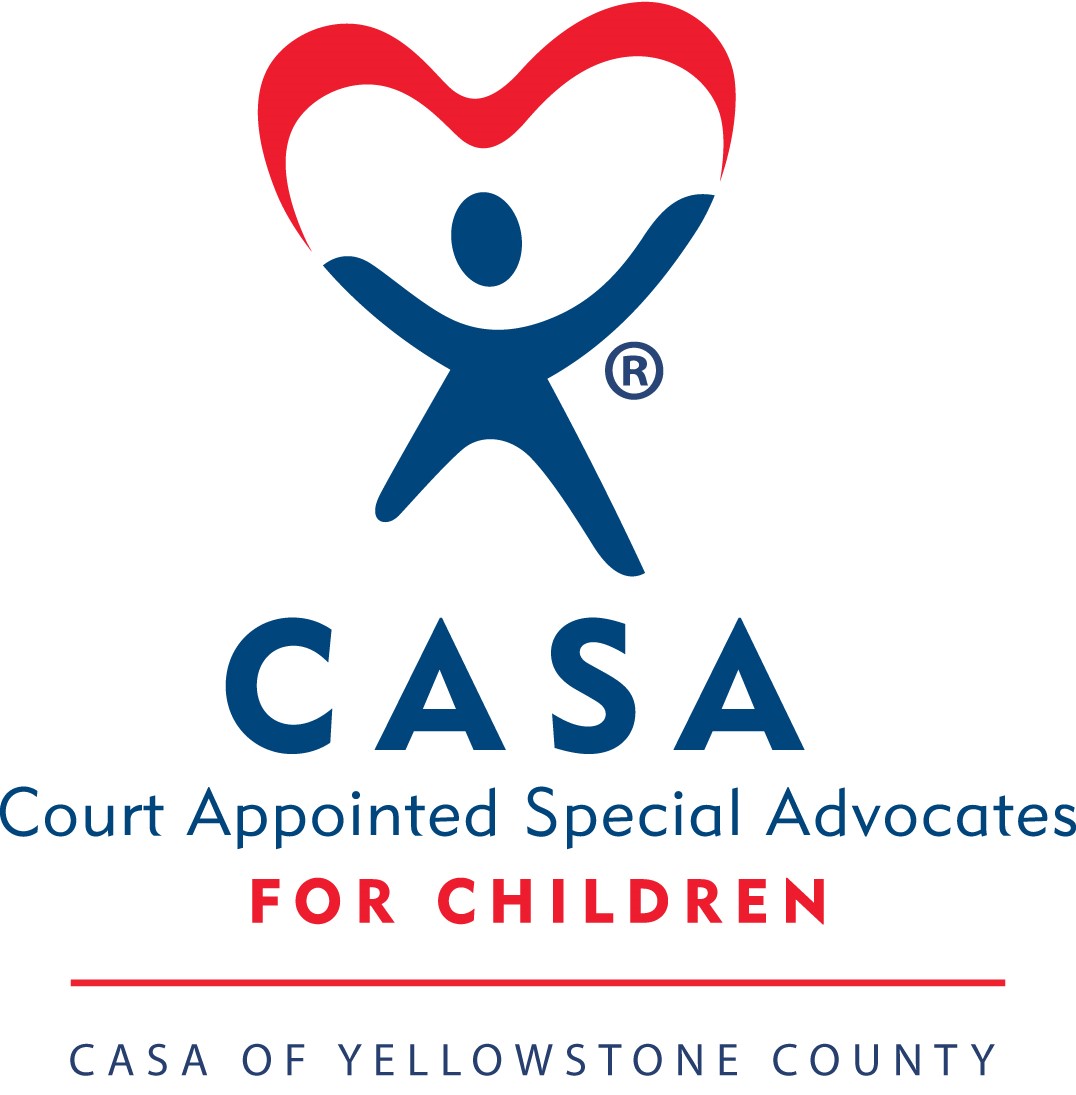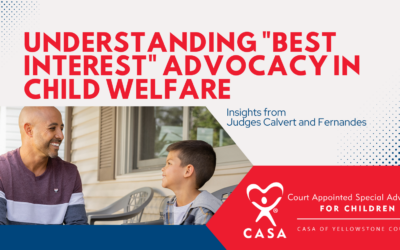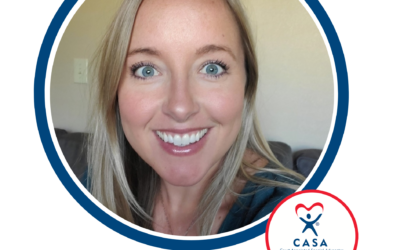
Since embracing my role as a Court Appointed Special Advocate in May of 2015, I have spent much time pondering the concept of a minimum sufficient level of care (MSLC). This is a standard used in our child welfare system that attempts to protect our families from individual biases and value judgments. It is a “yard stick” used to measure when a child should be removed or reunited with his or her parents. The State must ensure the MSLC is met for each child. The standard protects a child’s safety and permanence as well as the parent’s right to parent. It is a minimal standard that truly is possible for a parent to reach if they indeed wish to parent their child. Keep in mind, the MSLC is not ideal, but minimal. The level of care depends on each individual child’s needs. It will vary from child to child and family to family. Minimal…yet so complex.
As a CASA, this standard helps keep my child’s best interest in focus through a measurable, attainable lens. As a blessed, healthy, successful United States citizen, I constantly have to clean and polish my MSLC lens. MSLC does not judge how clean a home is; as long as it is safe. My MSLC lens doesn’t target material things — brand of clothes, size of T.V., amount of toys, appearance of vehicle, presence of furniture — as long as there is a connection between the child and caregiver. I don’t need to scrutinize how successful, smart, privileged, or educated someone is as long as they can provide access for the child to education and resources.
Most of us were groomed at a young age to judge based on our own values and experiences. There is clearly enough judgement, bias, and insensitivity in the world around us. It is a challenge to break that instinct and use a MSLC lens. The bond between the child and parent is far more important than how “worthy” a parent is in the eyes of another person. If a child is physically, emotionally, and developmentally safe with a parent, then staying with that parent is in the child’s best interest. That bond and attachment is critical to the long term development of the child. Better safe with a minimally sufficient parent than privileged with someone else. For me, this is a hard concept to grasp, but I must.
Lord, give me the patience and wisdom needed to focus on the facts that best serve my CASA kiddos.
Corinna Byler was sworn in as a Court Appointed Special Advocate in 2015 and is currently a volunteer Peer Coordinator.





